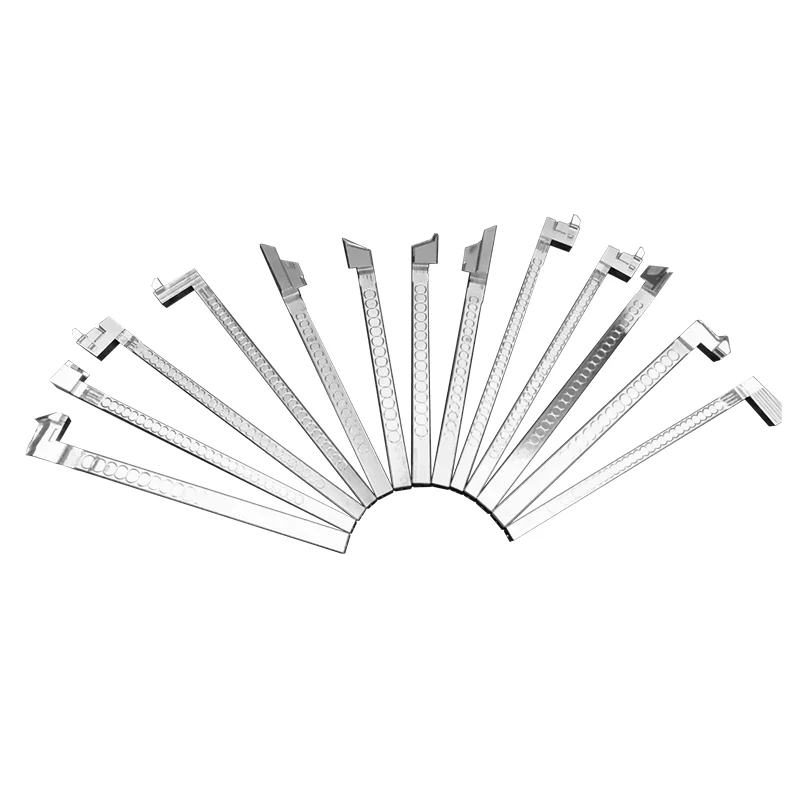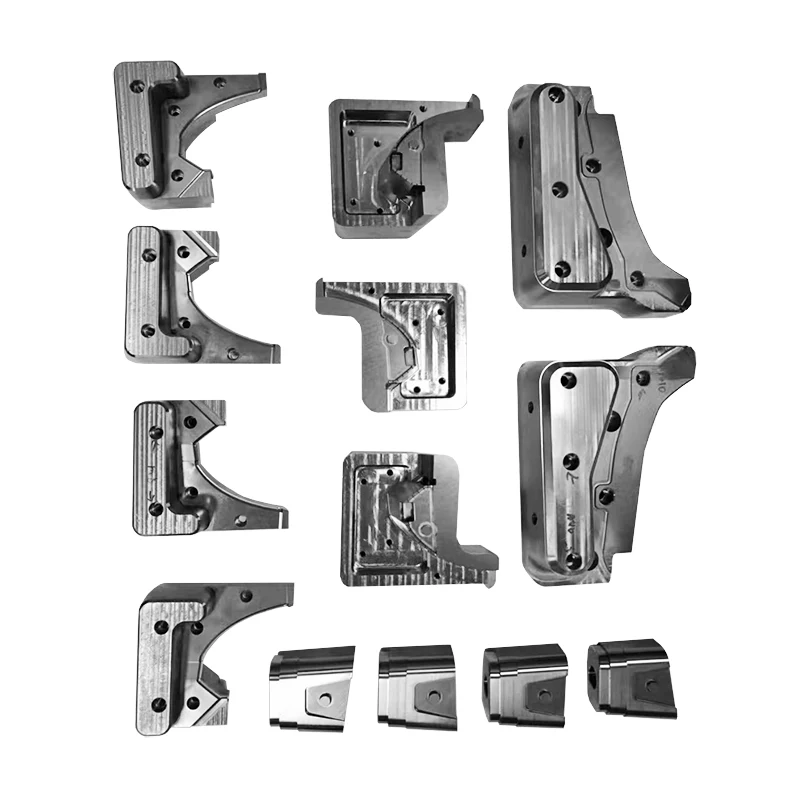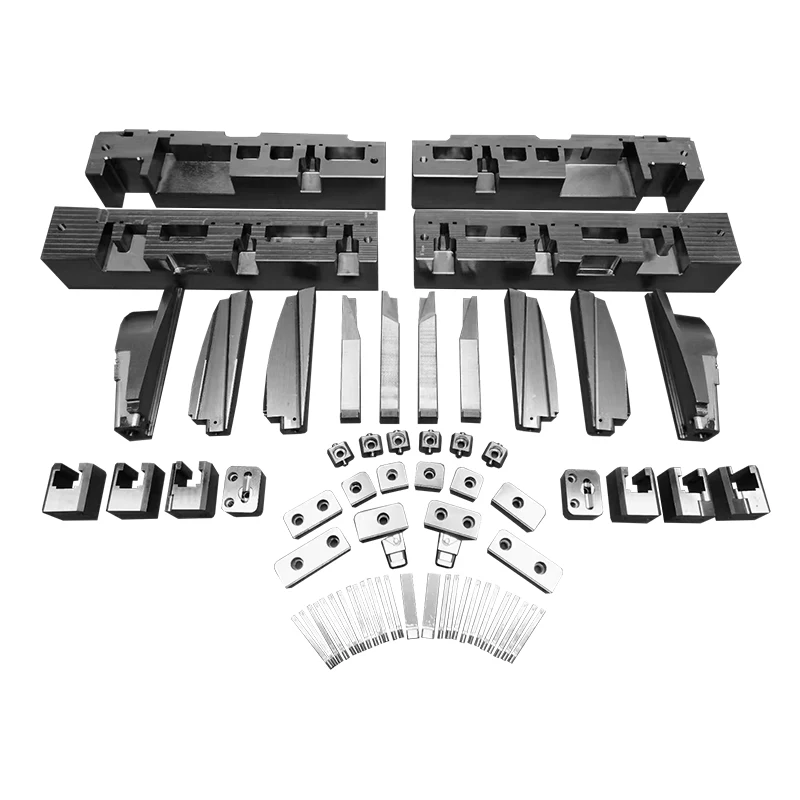- English
- Español
- Português
- русский
- Français
- 日本語
- Deutsch
- tiếng Việt
- Italiano
- Nederlands
- ภาษาไทย
- Polski
- 한국어
- Svenska
- magyar
- Malay
- বাংলা ভাষার
- Dansk
- Suomi
- हिन्दी
- Pilipino
- Türkçe
- Gaeilge
- العربية
- Indonesia
- Norsk
- تمل
- český
- ελληνικά
- український
- Javanese
- فارسی
- தமிழ்
- తెలుగు
- नेपाली
- Burmese
- български
- ລາວ
- Latine
- Қазақша
- Euskal
- Azərbaycan
- Slovenský jazyk
- Македонски
- Lietuvos
- Eesti Keel
- Română
- Slovenski
- मराठी
- Srpski језик
Has the Cavity and Core Completed Machining Been Achieved?
The completed machining of cavity and core components represents a significant achievement in the mold-making industry, driven by technological advancements, rising demand across industries, industry benchmarks and innovations, and government support. As the industry continues to evolve, manufacturers will need to stay abreast of these developments to remain competitive and meet the evolving needs of their clients.
In the manufacturing sector, particularly within the mold-making industry, the completed machining of cavity and core components has emerged as a significant milestone, marking advancements in precision and efficiency. Recent developments in this field have been driven by technological innovations and heightened demand for high-quality molded products across various industries.
Technological Advancements in Machining Processes

Manufacturers have been leveraging advanced CNC (Computer Numerical Control) machining techniques to achieve unparalleled precision in the completion of cavity and core machining. These techniques, combined with EDM (Electrical Discharge Machining) processes, have made it possible to produce intricate designs with tight tolerances, ensuring the highest standards of quality in the final molded products.
Moreover, the integration of sophisticated software, such as Cimatron, has streamlined the toolpath programming, a crucial aspect that determines the quality of CNC machining and the complexity of EDM processes. This software enables manufacturers to simulate the machining process, optimizing toolpaths and reducing the likelihood of errors, thereby enhancing productivity and reducing costs.
Rising Demand Across Industries
The demand for precision-machined cavity and core components has surged in recent years, fueled by the growth of industries such as automotive, electronics, and medical devices. These industries require molds that can produce parts with complex geometries and tight tolerances, necessitating advanced machining capabilities.
For instance, in the medical device industry, the use of precision plastic part molds for medical products has become increasingly common. Manufacturers like Dongguan Howe Precision Mold Co., Ltd., have been specializing in the production of such molds, offering customized solutions to meet the unique requirements of their clients. These molds are typically made from high-quality materials such as H13, 1.2344, and NAK80, and are capable of producing parts with a precision of ±0.01mm.
Industry Benchmarks and Innovations
Companies like Moldburger Mold Industry Co., Ltd., have set industry benchmarks by focusing on product moldbase and standard parts, CNC parts, rapid prototypes, manufacturing, sales, and comprehensive solutions. With strong technology output capabilities and a team of experienced design and manufacturing experts, the company has been able to meet the diverse needs of its clients, providing competitive solutions and products.

Furthermore, the mold manufacturing industry has been actively embracing digitalization and intelligence, with many manufacturers investing in advanced management systems such as IS09000, 16949, and ERP. These systems have helped in improving internal processes, enhancing productivity, and ensuring the consistent delivery of high-quality products.
Government Support and Policy Initiatives
Governments across the globe, including China, have been supporting the development of the machine tool and mold-making industries through various policy initiatives. For example, in China, the government has been promoting technological innovation and industrial upgrading in the machine tool industry, with measures such as including numerical control machine tools in the encouraged category of the Industrial Restructuring Guidance Catalogue.
These policy initiatives have created a favorable environment for the growth of the mold-making industry, encouraging manufacturers to invest in advanced machinery and technology, and driving the adoption of innovative machining processes.






